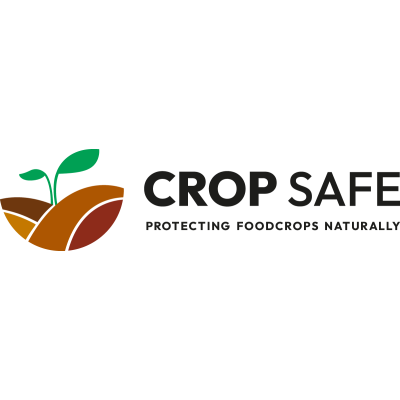
CROPSAFE
Crop Protection Strategies for the Transition to Environmentally-Friendly Agriculture

Crop Protection Strategies for the Transition to Environmentally-Friendly Agriculture
According to the Food and Agriculture Organisation (FAO), approximately 40% of food crops are lost worldwide each year due to plant pests and diseases. The use of chemical pesticides, while effective, worsens environmental issues such as soil biodiversity loss, bioaccumulation in non-target organisms, and contamination of water and soil. As many of these chemicals are now classified as substances of very high concern and are being withdrawn, farmers are left without viable alternatives.
In response to this, the CROPSAFE project is developing innovative, bio-based solutions as alternatives to conventional pesticides. The project focuses on addressing severe pest pressures on three key food crops—potatoes, tomatoes, and bananas—by using renewable bio-based waste, including aquatic biomass, coffee grounds, and forestry residues to create bioactive compounds and delivery systems for effective pest management.
By collaborating with biorefineries and conducting field trials, CROPSAFE aims to optimise these solutions, reducing reliance on harmful pesticides while also enhancing environmental sustainability and providing cost-effective alternatives for diverse farming environments.